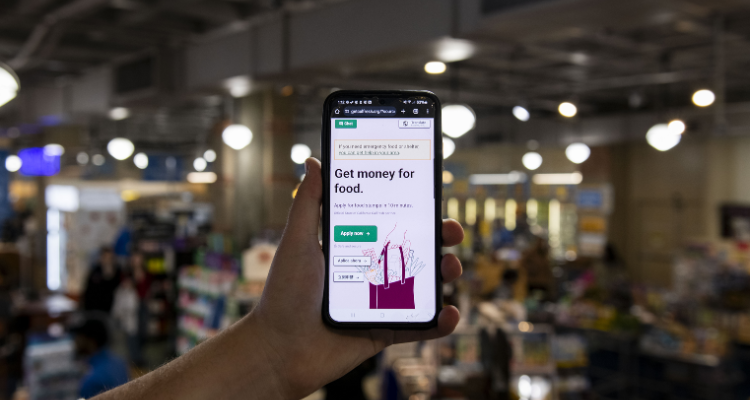Food insecurity affects thousands of students at the University of California, but only 22% of those eligible receive help
CalFresh, the food assistance program in California, can provide up to $292 per month to approved individuals facing food insecurity, a problem that affects a high percentage of university students. However, although 72,300 undergraduate students at the University of California (UC) are eligible to receive these benefits, only 22% apply for and use them, according to a report by the California Policy Lab.
Limited access to safe and nutritious food is a reality for 3.8 million college students in the United States, according to a 2020 survey by the Government Accountability Office. In the UC system, this situation is even more concerning: 44% of students face food insecurity, a significantly higher figure compared to the 21% of students at California State University.
Antonio Sandoval, a former student and founding president of the Basic and Essential Needs Committee, has observed this issue among students from various backgrounds, including international, undocumented, and those with dependents. According to Sandoval, the lack of knowledge about available resources and family support influences the low participation in food assistance programs. Additionally, he points out that some students may feel ashamed or uncomfortable when requesting assistance.
The difficulty in finding affordable food is also an obstacle. Melanie Jalpa, a third-year English student and CalFresh recipient, pointed out that there are no affordable supermarkets near campus like the ones she had in her hometown, East Palo Alto. For her part, Isabelle Southern, a third-year business economics student, emphasized that the high cost of living in California exacerbates food insecurity. «Everything is relatively higher compared to most places. Especially if you come from out of state, it takes you completely by surprise,» Southern said.
How to apply for CalFresh?
To access this program, applicants must go to GetCalFresh.org and submit documents such as:
- Gross income.
- Legal residence.
- Proof of enrollment or financial aid disbursements.
After the review of the documents, applicants must complete a telephone interview. If they are denied access, they can appeal their case through the CalFresh Initiative, a student organization linked to the Legal Aid Foundation of Los Angeles.
Despite the existence of these resources, Southern believes that the low participation is due to the tedious application process. However, she emphasizes that the effort is worth it. «When you have more flexibility with money, you buy better things, things that give you more energy», she explained. «It definitely saved my life.»
For Sandoval, it is essential for students to understand that they are not alone. «10 or 20 years ago, using the food pantry was very shameful», he pointed out. «But now, I think students realize that we are part of a community, and we don’t have to feel ashamed».
CalFresh remains an underutilized resource that could alleviate food insecurity among UC students. With more information and support, thousands of young people could access the help they need to focus on their education without the burden of food uncertainty.
